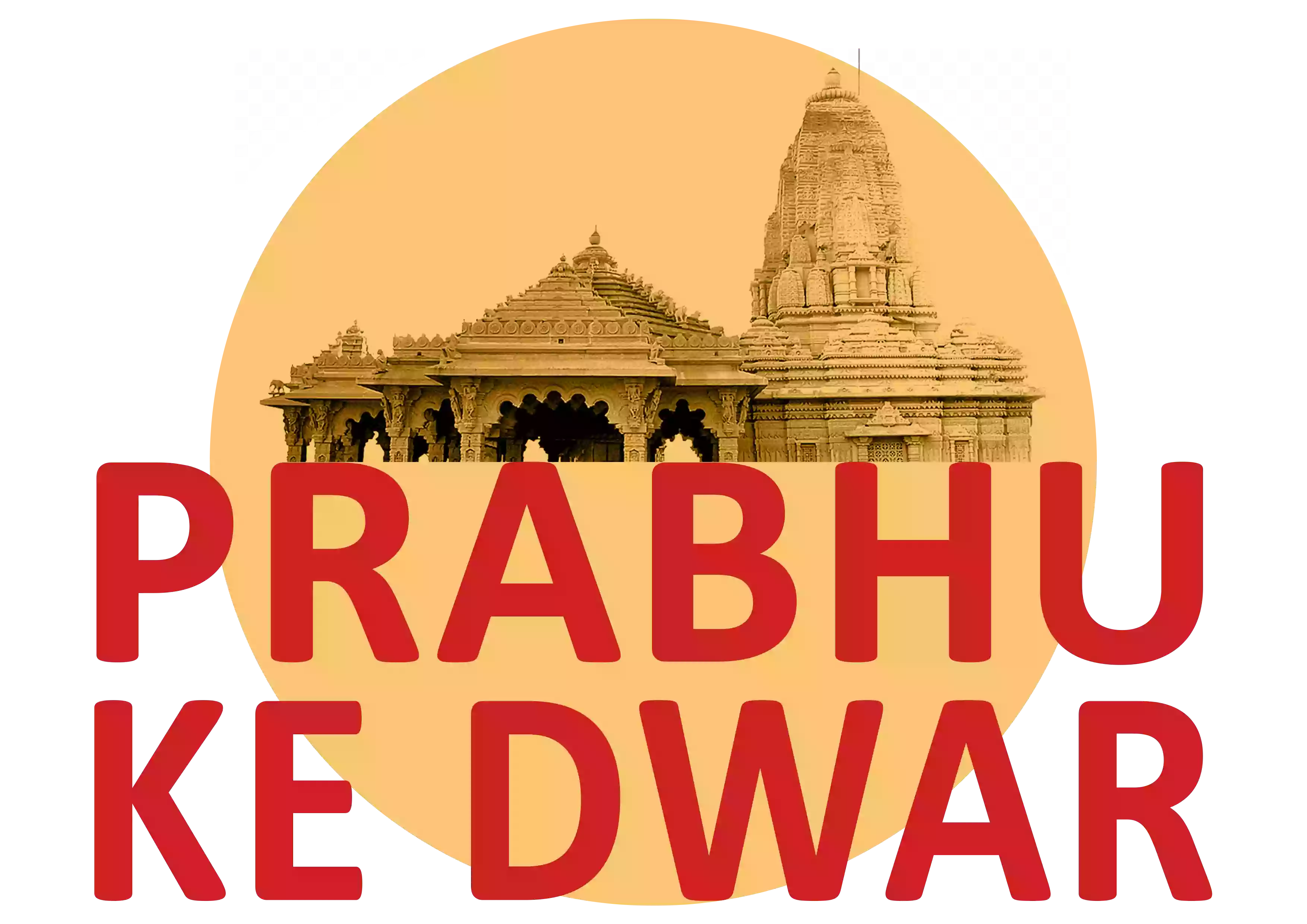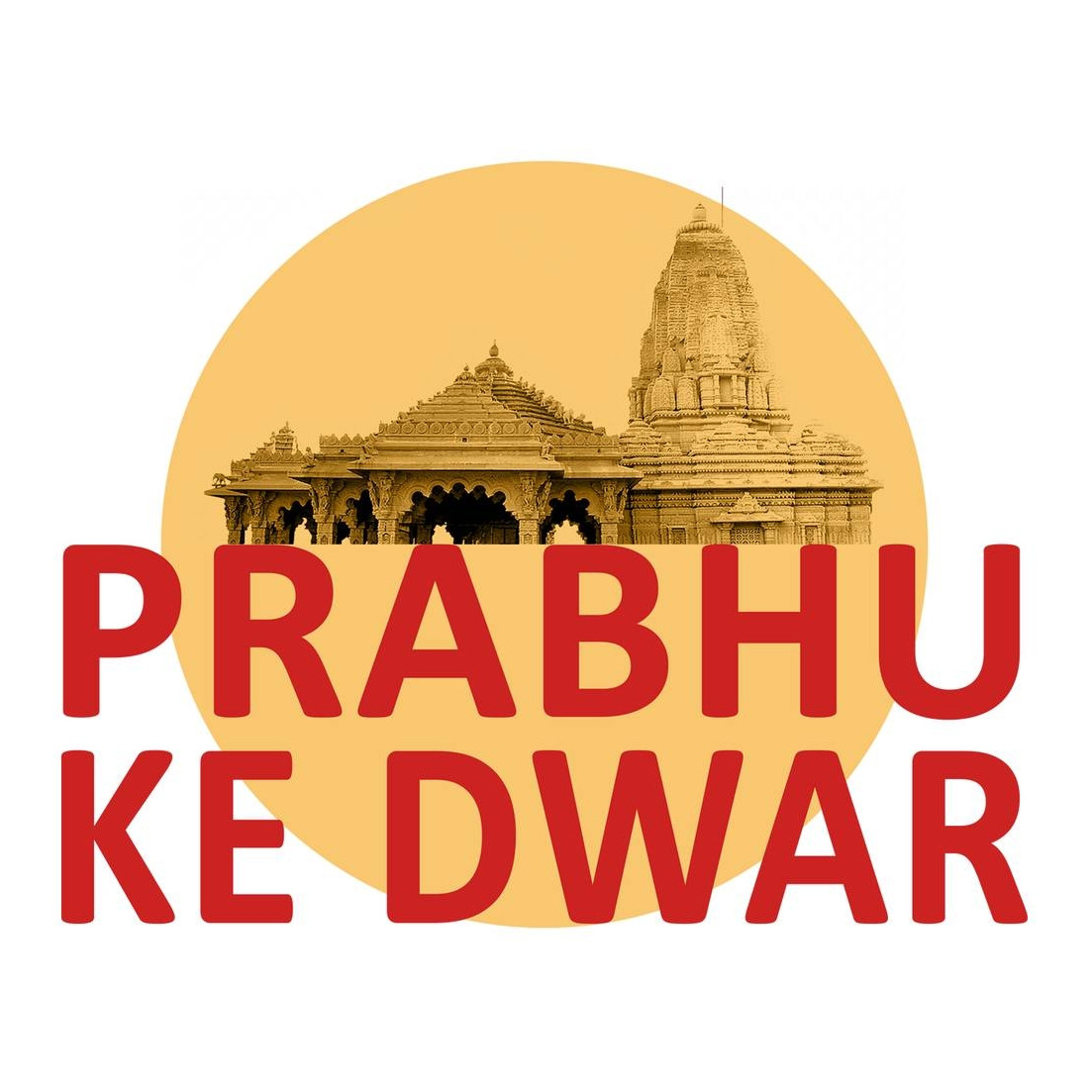Introduction to Hindu Mantras
Hindu mantras are more than just a string of words; they are powerful tools for transformation and spiritual elevation. But what exactly are mantras, and why have they been an integral part of Hinduism for millennia? Let's delve into the fascinating world of Hindu mantras, uncovering their significance, power, and benefits.
The Power of Sound in Hinduism
The Science Behind Mantras
In Hinduism, sound is considered a fundamental force of creation. Mantras, which are sacred sounds or phrases, harness this force to bring about change in the chanter's life. Each mantra carries a unique vibration and frequency, which can influence both the mind and body.
Vibrations and Frequencies
The vibrations produced by chanting mantras can align with the natural frequencies of the universe, promoting harmony and balance. This alignment can lead to profound physical, mental, and spiritual benefits.
Different Types of Hindu Mantras
Vedic Mantras
Vedic mantras are among the oldest and most sacred, originating from the ancient Vedas. These mantras are often used in rituals and ceremonies to invoke deities and seek blessings.
Puranic Mantras
Puranic mantras come from the Puranas, a genre of ancient Indian literature that narrates the history of the universe. These mantras are typically associated with various Hindu gods and goddesses, such as Vishnu, Shiva, and Lakshmi.
Tantric Mantras
Tantric mantras are used in Tantra, a spiritual tradition that focuses on energy and consciousness. These mantras often involve intricate rituals and are believed to have powerful transformative effects.
Popular Hindu Mantras and Their Meanings
Gayatri Mantra
The Gayatri Mantra is one of the most revered mantras in Hinduism. It is a prayer for enlightenment and wisdom, invoking the divine light to illuminate our minds. The mantra goes: "Om Bhur Bhuvaḥ Swaḥ, Tat Savitur Vareñyaṃ, Bhargo Devasya Dhīmahi, Dhiyo Yonaḥ Prachodayāt."
Maha Mrityunjaya Mantra
The Maha Mrityunjaya Mantra, also known as the Death Conquering Mantra, is dedicated to Lord Shiva. It is chanted for healing, protection, and overcoming the fear of death. The mantra is: "Om Tryambakam Yajamahe Sugandhim Pushtivardhanam, Urvarukamiva Bandhanan Mrityor Mukshiya Maamritat."
Om Namah Shivaya
Om Namah Shivaya is a simple yet powerful mantra dedicated to Lord Shiva. It is chanted to seek inner peace, destroy ego, and attain self-realization. The mantra means "I bow to Shiva."
Benefits of Chanting Mantras
Mental Health Benefits
Chanting mantras can have a calming effect on the mind, reducing stress and anxiety. The rhythmic repetition can help clear mental clutter, promoting a sense of tranquility and focus.
Spiritual Growth
Mantras are a bridge to the divine, helping individuals connect with their higher selves and the universal consciousness. Regular chanting can lead to profound spiritual experiences and insights.
Physical Health Benefits
The vibrations from chanting can positively impact the body, enhancing overall health. Studies have shown that mantras can lower blood pressure, improve heart health, and boost the immune system.
How to Chant Mantras Effectively
The Right Time and Place
Choosing the right time and place for chanting can enhance its effectiveness. Early morning hours are considered ideal, and a quiet, clean space can help maintain focus and concentration.
Proper Pronunciation
The power of a mantra lies in its precise pronunciation. Incorrect pronunciation can dilute its effectiveness, so it's crucial to learn from a knowledgeable teacher or reliable sources.
The Importance of Intention
Intention is key when chanting mantras. Approaching the practice with sincerity and a clear purpose can amplify the benefits and make the experience more fulfilling.
Mantras for Different Purposes
Healing Mantras
Healing mantras are designed to restore physical and emotional well-being. Examples include the Maha Mrityunjaya Mantra for health and the Dhanvantri Mantra for healing.
Prosperity Mantras
Prosperity mantras, such as the Lakshmi Mantra, attract abundance and success. Chanting these mantras can help overcome financial difficulties and bring prosperity.
Protection Mantras
Protection mantras, like the Durga Mantra, are chanted to safeguard oneself from negative energies and obstacles. They provide a shield of divine protection around the chanter.
Role of Mantras in Meditation
Enhancing Focus
Chanting mantras during meditation can significantly enhance focus and concentration. The repetitive nature of mantras helps anchor the mind, preventing it from wandering.
Achieving Inner Peace
Mantras can lead to a deep sense of inner peace and serenity. They help quiet the mind's chatter, allowing a state of calm and stillness to emerge.
Connection to Higher Self
Mantras are a tool for spiritual ascent, helping individuals connect with their higher selves. This connection fosters greater self-awareness and spiritual enlightenment.
The Influence of Mantras on Modern Life
Incorporation in Yoga Practices
Mantras are commonly used in yoga to deepen the practice. Chanting mantras can enhance the meditative aspect of yoga, leading to a more holistic experience.
Use in Stress Relief
In our fast-paced world, mantras offer a simple yet effective way to relieve stress. Taking a few minutes to chant a mantra can provide a much-needed mental reset.
Popularity in the West
Hindu mantras have gained popularity in the West, often incorporated into wellness and mindfulness practices. Their universal appeal lies in their ability to promote peace, well-being, and spiritual growth.
Mantras in Hindu Rituals
Daily Rituals
Mantras are an integral part of daily Hindu rituals, recited during morning prayers and before meals. These daily practices help maintain a connection with the divine and instill a sense of discipline.
Special Occasions
Special occasions, such as weddings and births, involve specific mantras to bless and protect. These mantras invoke divine blessings for prosperity, happiness, and longevity.
Festivals and Ceremonies
During festivals and ceremonies, mantras play a central role in worship and celebration. They are chanted to honor deities, seek blessings, and express devotion.
The Global Spread of Hindu Mantras
Influence in Other Cultures
Hindu mantras have transcended cultural boundaries, influencing various spiritual traditions worldwide. They are often integrated into practices like Buddhism and New Age spirituality.
Integration in New Age Practices
New Age practitioners have embraced Hindu mantras for their transformative potential. These mantras are used in healing sessions, meditation, and personal growth practices.
Learning and Mastering Mantras
Resources for Beginners
There are numerous resources available for those interested in learning mantras. Books, online courses, and apps can provide valuable guidance for beginners.
Advanced Studies
For advanced practitioners, deeper study of mantras involves understanding their meanings, contexts, and applications. This often requires guidance from experienced teachers or gurus.
Role of Gurus and Teachers
Gurus and teachers play a crucial role in transmitting the knowledge of mantras. Their guidance ensures proper pronunciation, understanding, and spiritual growth.
Scientific Studies on Mantras
Research on Brain Activity
Scientific studies have shown that chanting mantras can alter brain activity. These changes can lead to improved focus, reduced anxiety, and enhanced mental clarity.
Studies on Stress Reduction
Research indicates that regular chanting can significantly reduce stress levels. This effect is attributed to the calming influence of mantra vibrations on the nervous system.
Impact on Overall Well-being
Overall, scientific evidence supports the positive impact of mantras on well-being. From boosting mood to enhancing physical health, mantras offer a holistic approach to wellness.
Common Misconceptions About Mantras
Myths vs. Reality
Many misconceptions surround the practice of chanting mantras. Contrary to some beliefs, mantras are not magical spells but spiritual tools for personal growth and well-being.
Understanding the True Essence
Understanding the true essence of mantras involves recognizing their purpose and potential. They are meant to elevate the mind, body, and spirit, fostering a harmonious existence.
Conclusion
Hindu mantras are profound tools that offer numerous benefits, from enhancing mental health to fostering spiritual growth. Incorporating these sacred sounds into your daily routine can bring about a positive transformation, helping you lead a more balanced and fulfilling life.
FAQs
What is the most powerful Hindu mantra?
The Gayatri Mantra is often considered one of the most powerful Hindu mantras due to its profound spiritual significance and widespread use.
Can anyone chant Hindu mantras?
Yes, anyone can chant Hindu mantras. However, proper guidance and understanding of the pronunciation and meaning are essential for maximizing their benefits.
How long does it take to see the benefits of chanting mantras?
The time it takes to see benefits can vary. Some people experience immediate effects, while for others, it may take weeks or months of regular practice.
Do mantras have to be chanted in Sanskrit?
While Sanskrit is the traditional language for many mantras, they can be chanted in any language. The intention and sincerity behind the chanting are what truly matter.
Are there any risks associated with chanting mantras?
Chanting mantras is generally safe. However, it's important to learn proper techniques and pronunciations to avoid any unintended effects. Seeking guidance from knowledgeable sources can help ensure a positive experience.



